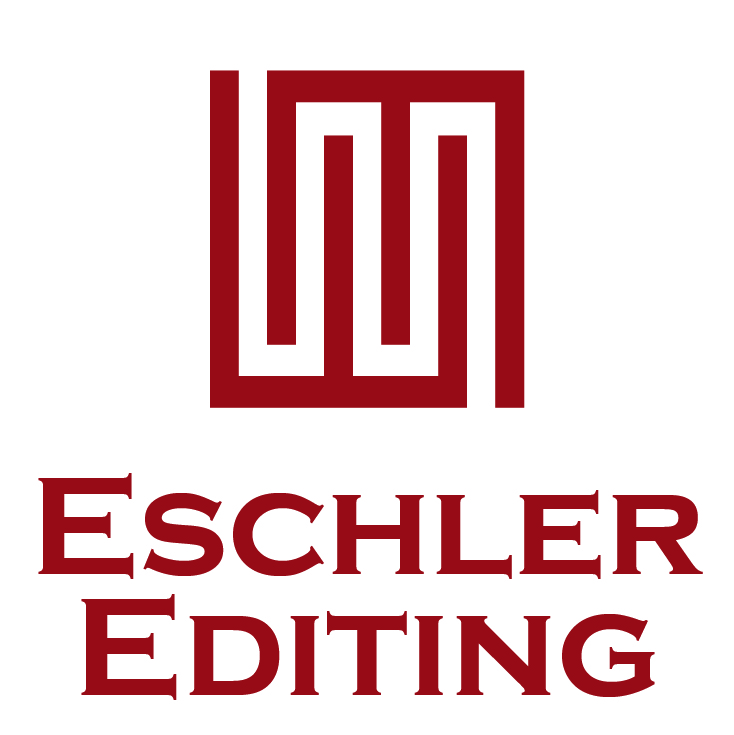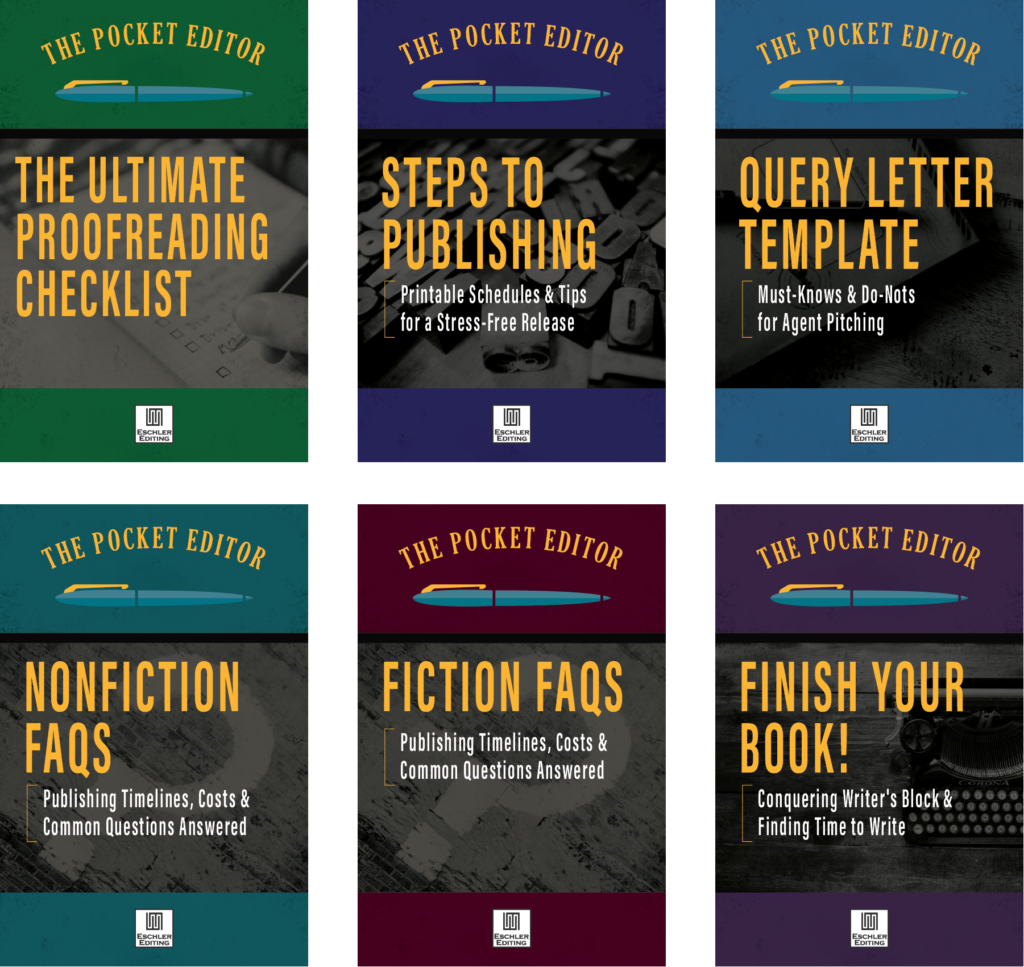By Elana Johnson
YA Author and Writer for Query Tracker
First: Answer this question: What is the purpose of a query letter?
Don’t know?
Then how will you write one?
You must know the purpose of what you’re doing before you jump in, otherwise you won’t achieve your goal.
That said, the purpose of a query letter is to generate requests. That’s it. It’s not to tell your whole story, or let people in on the secret to your success, or anything like that. It’s to get an agent (or an editor) to request your book for review. Keep this in mind when you’re writing your query letter.
I believe the query should have four parts, and then some extraneous stuff showing your professional skills and market savvy. So let’s dive in and dissect an effective query (a full example query letter will follow these tips and tricks, but we’ll throw in some samples from it as we go along).
1. The hook: This is the opening line of your query blurb. It has two purposes. 1) Sum up the novel in one sentence; and 2) Propel the reader through the rest of the letter.
Follow these guidelines when writing your hook:
- Answer this: What is your book about?
- Less than 40 words
- Mimic the tone of the novel
- Never use a question (It’s an overused strategy that agents are sick of)
- Grab, Entice, Get Out
Places to view successful hooks:
- Publishers Marketplace—Every deal that is listed on PM is basically a one-sentence hook line about the novel.
- Published books—On the copyright page of most published books, there is a summary of the novel. This is a one-sentence hook line about the novel.
Sample: In a world where Thinkers brainwash the population and Rules are not meant to be broken, fifteen-year-old Violet Schoenfeld does a hell of a job shattering them to pieces. (Hook)
2. The setup: This is the background info you need in order for your character’s potential consequence to make sense. It’s not the whole kitchen sink, or every subplot in your novel. Just provide the following:
- Provide a few details about your main character (MC)
- World-building info, if pertinent
- The catalyst that moves your MC into the conflict
Follow these guidelines when writing the setup:
- Stick to the MC—what do they want?
- Introduce secondary characters only as needed
- Get there quick (3–5 sentences, 75–100 words)
- Only include important details that build character or setting
TIP: While many agents are bugged if you write the query from the point of view of your characters, you can write it in the same style as your novel (introducing your voice). Not sure how to write it in third person while keeping your voice? No problem! Write it in a style you’re comfortable with and then just edit the voice after it’s written. (I wrote my query in first person and then switched it over to third.)
Sample: After committing her eighth crime (walking in the park after dark with a boy, gasp!), Vi is taken to the Green, a group of Thinkers who control the Goodgrounds. She’s found unrehabilitatable (yeah, she doesn’t think it’s a word either) and exiled to the Badlands—until she demonstrates her brainwashing abilities. That earns her a one-way trip to appear before the Association of Directors. (Setup—Catalyst to Conflict) (Also, note how the voice gives you a feel for the voice of the novel, with the capitalized terms giving a hint at the world building.)
3. The Conflict: This is the basis of your whole novel, so don’t forget to include the main conflict! When writing the conflict portion:
- Identify what the MC wants
- Expound on what’s keeping them from getting what they want—this is the CONFLICT
- Stick to the main conflict
- This is what your entire book is about (“the elevator pitch”)
Remember:
- If you haven’t identified what the MC wants during the setup, do it now
- State what’s in their way
- Highlight the main conflict, discard secondary issues
- Propel the reader to the end of the query letter
TIP: Write your query letter BEFORE you finish the novel. This will help you stick to the main conflict. Try writing it when you’re about 10,000–15,000 words in.
Sample: Yeah, right. Like that’s gonna happen. She busts out of prison with sexy Bad boy Jag Barque, who also has no intention of fulfilling his lame sentence. Dodging Greenies and hovercopters, dealing with absent-father issues, and coming to terms with feelings for an ex-boyfriend—and Jag as a possible new one—leave Vi little time for much else. Which is too damn bad, because she’s more important than she realizes. When secrets about her “dead” sister and not-so-missing father hit the fan, Vi must make a choice . . . (Conflict)
4. The Consequence: You absolutely must tell the agent what will happen if the MC doesn’t overcome the conflict. This element is most frequently missing from the queries I see.
Follow these guidelines when writing the conflict:
- What will happen if the MC doesn’t overcome the conflict?
- Leave the ending a mystery
- Cliffhanger close
- Tie to the hook = come full circle (see tip and query letter below)
- NO questions—strong statements instead
TIP: Match up your first sentence (hook) with your last sentence (consequence)—they should come full circle in some clever way. It should encapsulate your book. Be succinct and specific.
Sample: When secrets about her “dead” sister and not-so-missing father hit the fan, Vi must make a choice: control or be controlled. (Conflict + Consequence)
Basic formatting rules that set you apart as a professional:
- Titles go in all caps: ex—CONTROL ISSUES
- Round your word count: CONTROL ISSUES is complete at 75,000 words.
- Format the letter as a business letter with TWO hard returns between paragraphs, no indenting.
- Invite, don’t ask the agent to contact you
- Be assertive, never gushy about the agent or “almost” sure of yourself
- Almost NEVER ask questions of the agent
- Include “The complete manuscript is available upon request” at the end of your letter
- Thinking of offering the agent an exclusive review? Bad idea. It could take years to get a book deal. (You may politely let them know it’s under review as a multiple submission if you’re really troubled about it, but most agents will expect that your manuscript is a multiple submission these days.)
Everything else your query needs:
- Introduction (show the agent you know their name and their reading preferences)
- Author bio (at the end of your query)
- Genre, title, word count (and addressing the multiple submission issue)
- Marketing/Comparison (Your book would appeal to an audience similar to that of which noteworthy book/author, and why? However, don’t explain the market to the agent: “x number of women want books about…” And don’t claim to be the next Harry Potter or similar blockbuster in your genre.) Go here to read more about choosing and framing the right comps.
- Your publishing credentials (magazine or book publishing, awards, contests)
- Conclusion
- Your full contact info
Everything else your query doesn’t need:
In addition to the items mentioned just above, don’t provide reinforcement for an agent’s pet peeves by including the following:
- The rhetorical question at the beginning (“Have you ever wondered what it’s like being a snow elf?”)
- A gimmick with the letter (crazy colored paper or moving graphics or a weird gift related to the genre)
- The preamble before the plot (“In a world where planets collide and…”)
- Over-the-top attempts at cleverness (rhyming or other tricks to get an agent’s attention)
- Ending on an overt cliff-hanger (You can make a strong statement showing what the character will lose/have to choose between without summarizing the entire end of the plot, or you can briefly summarize the end of the plot without ruining how interesting the book sounds. But don’t try to create a cliff-hanger in hopes of that being your big hook. Your hook is the book’s premise—how strong and “high concept” [unique/fresh, full of conflict, great voice, marketable to a broad audience] it is.)
Conclusion:
If you’re worrying about how complicated this might seem, and pulling off incredible voice in just a half page, go ahead and write a very simple, straight-forward query (agents are fine with that); just keep in mind that you still need to hook them by demonstrating how strong the premise is. A sample query, with every part addressed, is below. The hook and consequence are in bold. Read them together, and you’ve got a “skinny query.” My skinny query fetched 4 full requests.
Dear Ms. Andelman, (Agent Name Spelled Right in Personalization)
I read on your AgentQuery profile that you’re “drawn to fiction with a unique voice.” Because of this, I believe you would be interested in my young adult novel, CONTROL ISSUES. (Introduction)
In a world where Thinkers brainwash the population and Rules are not meant to be broken, fifteen-year-old Violet Schoenfeld does a hell of a job shattering them to pieces. (Hook)
After committing her eighth crime (walking in the park after dark with a boy, gasp!), Vi is taken to the Green, a group of Thinkers who control the Goodgrounds. She’s found unrehabilitatable (yeah, she doesn’t think it’s a word either) and exiled to the Badlands—until she demonstrates her brainwashing abilities. That earns her a one-way trip to appear before the Association of Directors. (Setup—Catalyst to Conflict)
Yeah, right. Like that’s gonna happen. She busts out of prison with sexy Bad boy Jag Barque, who also has no intention of fulfilling his lame sentence.
Dodging Greenies and hovercopters, dealing with absent-father issues, and coming to terms with feelings for an ex-boyfriend—and Jag as a possible new one—leave Vi little time for much else. Which is too damn bad, because she’s more important than she realizes. When secrets about her “dead” sister and not-so-missing father hit the fan, Vi must make a choice: control or be controlled. (Conflict + Consequence)
A dystopian novel for young adults, (genre) CONTROL ISSUES (title) is complete at 75,000 words. (word count) Fans of Lois Lowry’s THE GIVER and Suzanne Collins’ THE HUNGER GAMES will enjoy similar dystopian elements, and a strong teen voice. (Market Comparison)
I am an elementary school teacher by day and a contributing author of the QueryTracker blog by night. (Author Bio: BRIEF) (Publishing credentials would go here, in their own paragraph.) If you would like to consider CONTROL ISSUES, I’d be happy to forward the complete manuscript to you. It is on multiple submission at this time. (Invitation) I have included the first ten pages of the manuscript in the body of this email. (Conclusion)
Thank you for your time and consideration,
Elana Johnson
(address/phone number)
http://elanajohnson.com (Contact Info)
Do This Now
- Take a look at this list of query letter examples that worked.
- Review this post from Writer’s Digest on how to write a successful query letter for any genre.
- Check out this complete guide to query letters from Jane Friedman.
- Check out our super handy query-letter template downloads—free!
Would you like one of our editor’s help editing or writing your query? See our services here.
About the Author: School teacher by day, query ninja by night, you can find Elana Johnson online at her website or at WriteOnCon, a free online writer’s conference. She also co-authors the QueryTracker blog, the League of Extraordinary Writers, and What Writers Read. Elana is represented by Michelle Andelman of Lynn C. Franklin Associates.





0 Comments